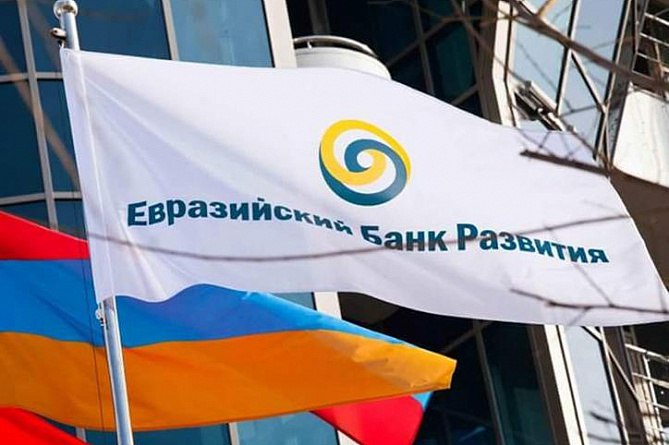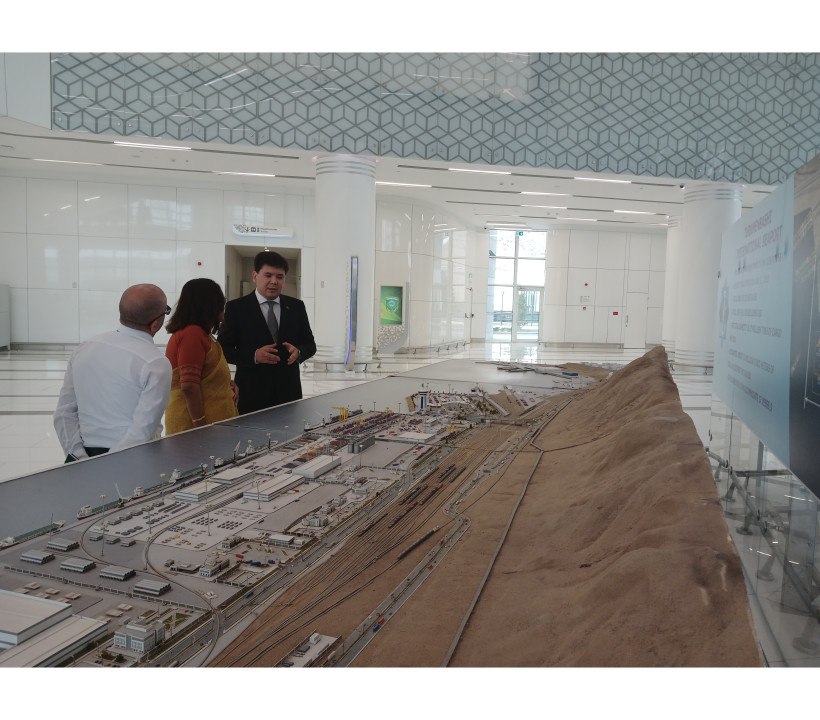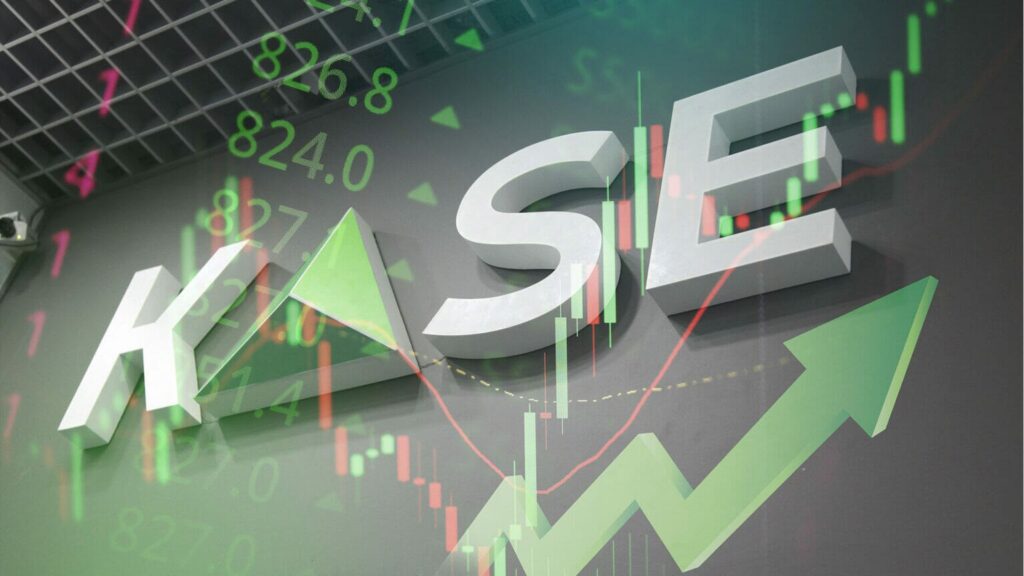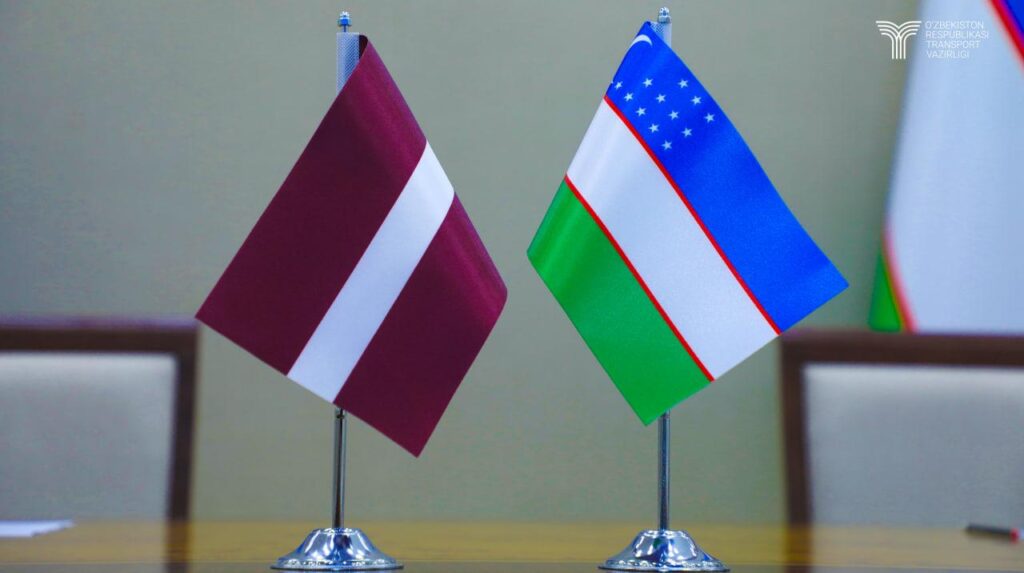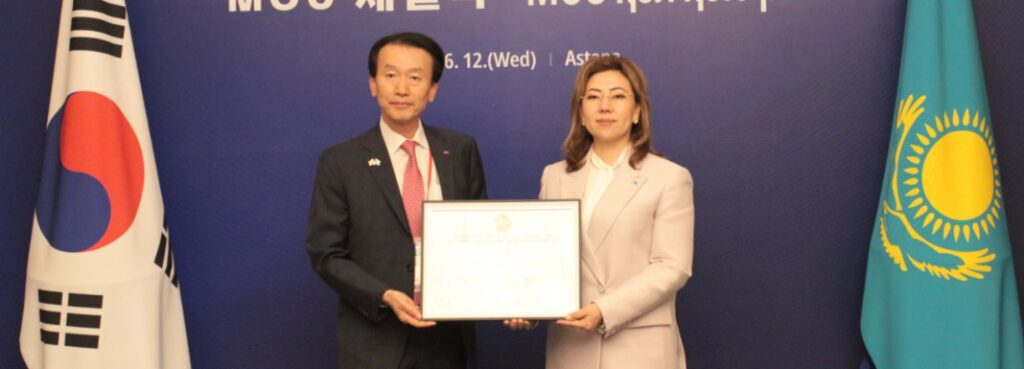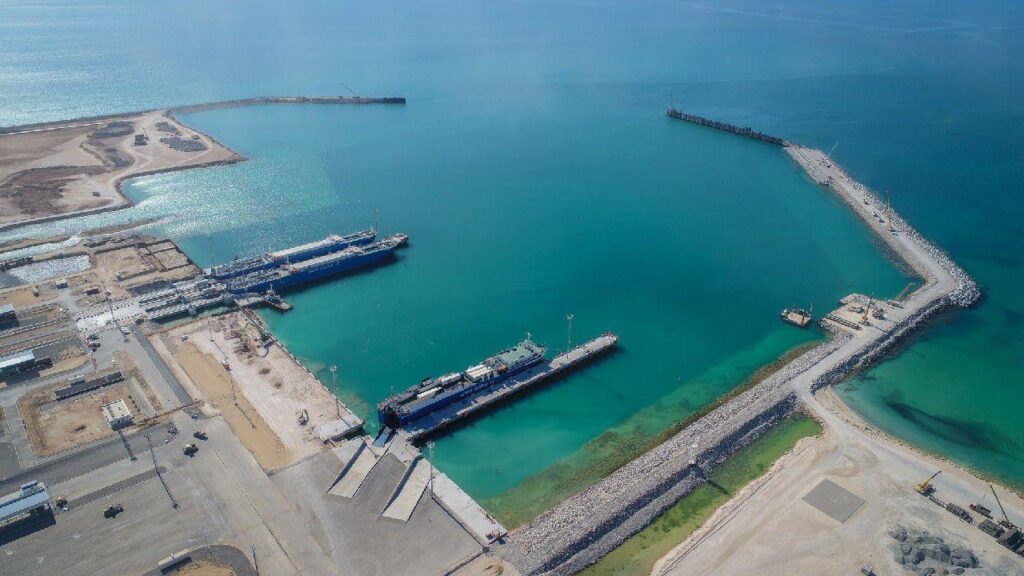Kyrgyzstan Pays Russia $64 million for Stake in the Eurasian Development Bank
Kyrgyzstan has paid $64.7 million to Russia for a stake in the Eurasian Development Bank (EDB), according to Akchabar. Kyrgyzstan currently owns 4.23% of shares in the EDB. The country's share increased from 0.01% in 2023 after the redistribution of part of Russia's stake, which amounted to 321,151 shares in the bank's paid-up authorized capital. A decision to reallocate the shares was made by the EDB's Board of Directors on December 30, 2022. Following the distribution of securities in 2023, Kyrgyzstan's share in monetary terms, increased from $700 thousand to $64.7 million. In its report on the transaction, EDB stated: "On May 19, 2023, an agreement was made between the Government of Russia and the Cabinet of Ministers of Kyrgyzstan on the sale and purchase of part of Russia's share in the paid-in authorized capital of EDB. Signed on March 21, 2023, it came into force and Russia's share of $64 million was transferred to Kyrgyzstan. EDB does not participate in settlements between Russia and Kyrgyzstan on the transferred share in the bank's capital." It is important to note that today, Kyrgyzstan's share in the authorized capital of the EDB is almost entirely paid up. The republic has only $600 thousand in liabilities, payable in case of a bank claim. A similar situation has also been observed in Armenia. Tajikistan has paid 97% ($64.5 million) of its authorized capital to EDB, Belarus—just over 59%, and Russia and Kazakhstan, the largest shareholders of the international institution, about 16% ($678.8 million) and 24% ($565.2 million), respectively. At the end of 2023, the authorized capital of the Eurasian Development Bank amounted to seven million common shares with a par value of $1 thousand each. Each paid-up share carries a right to vote.
